This week's hottest reviews on TechRadar
All the hottest hits and techiest toys from the last 7 days
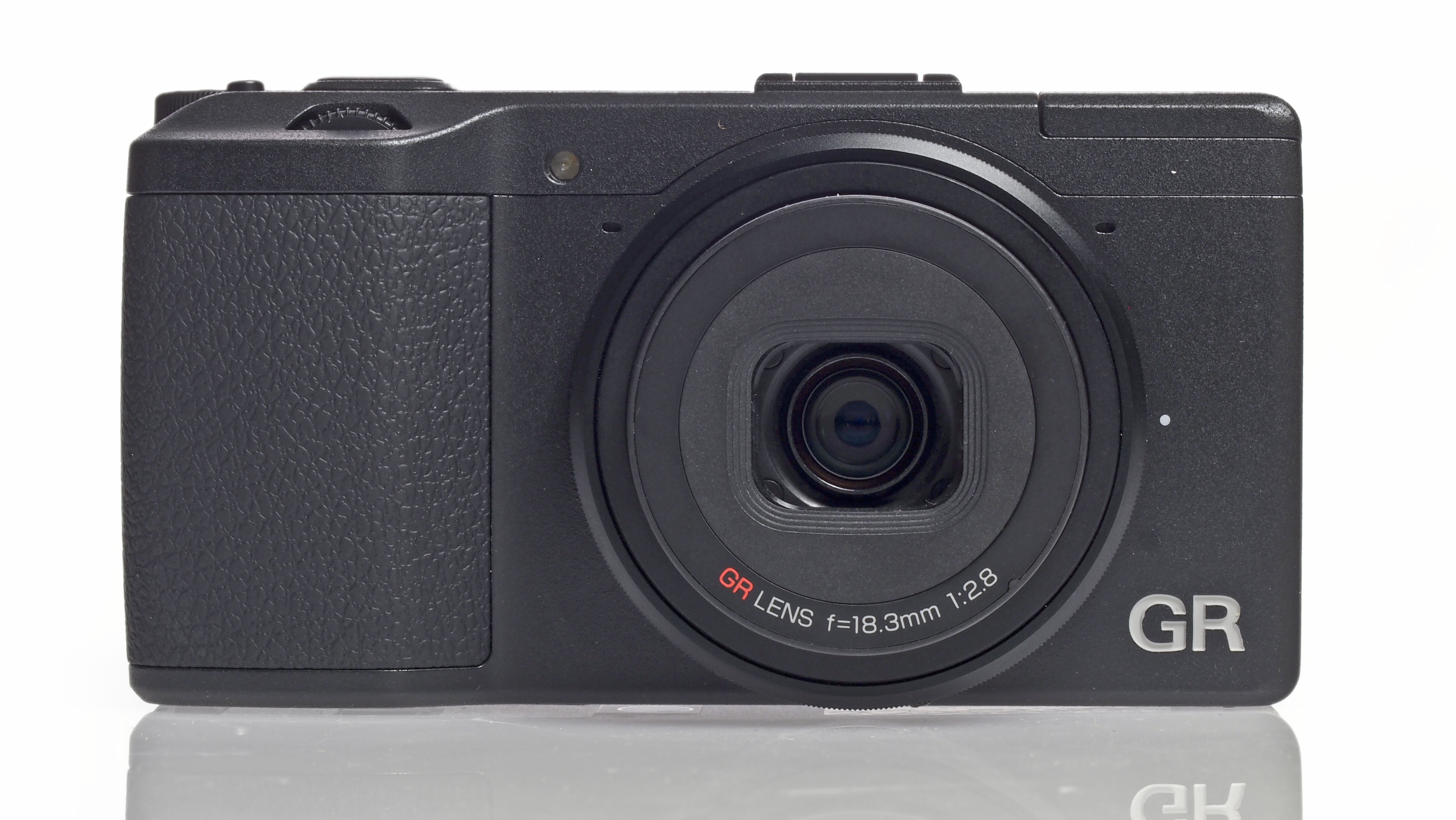
Does anyone really need a Chromebook? Will no one has ever really been able to answer that question, the products keep coming and this time it's HP's logo on the box.
Needless to say, we've put it through its paces in case you're in the market for an easy-peasy internet machine. And we've also reviewed one or two other things this week – check it out…
Ricoh isn't a widely recognised camera brand in the way that Nikon, Canon, Pentax and Olympus are, but its compact cameras have found favour with enthusiasts and professionals in the past. The new Ricoh GR is an excellent addition to the Ricoh Pentax camera lineup, and given its considerably lower price than the Nikon Coolpix A and Fuji X100S, we think it could be a hit - it deserves to be. It's a superb pocketable alternative to a DSLR, and also has plenty to attract enthusiast photographers, including the usual array of advanced exposure modes such as shutter priority, aperture priority and manual, along with Aperture and Time priority as well Program.
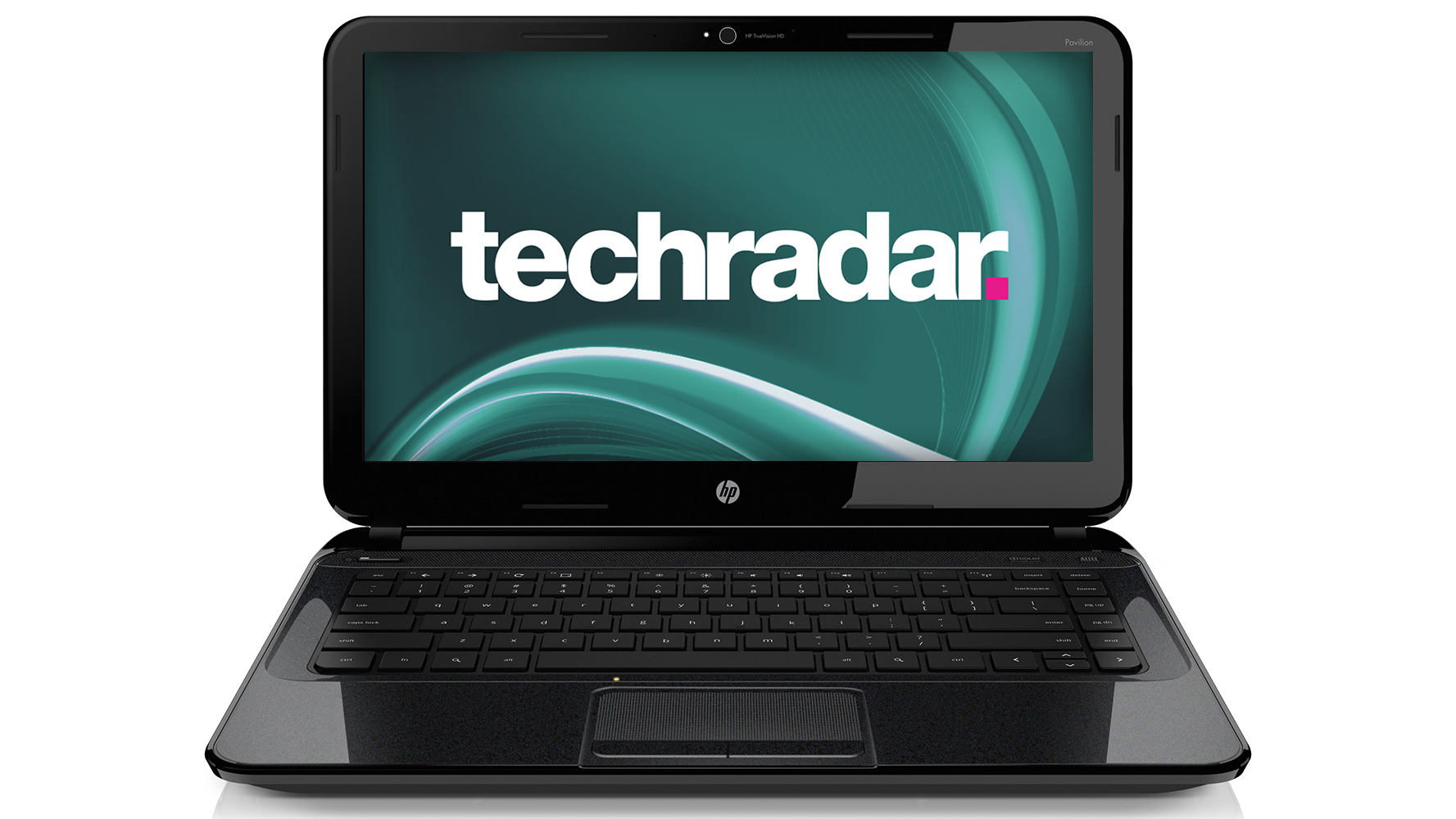
Chrome OS continuously keeps itself up to date, requires no maintenance - in this, it feels much closer to an iPad than a normal laptop that requires frequent tending to - and is guarded against viruses. It's a nice machine to reach for if you just want to do a bit of writing, check in with Facebook or play some Angry Birds. And we do, on balance, like the HP Pavilion 14 Chromebook. Yes, you can buy much nicer laptops and you could make an argument that you get the advantages of Chrome OS in an iPad if you add a Bluetooth keyboard, but there's something undeniably comfortable about the basic laptop design, and because Chrome OS doesn't need constant ministering to, it's something you can rely on to be always ready to go. No, it's not for everyone, but it's definitely appropriate for some.
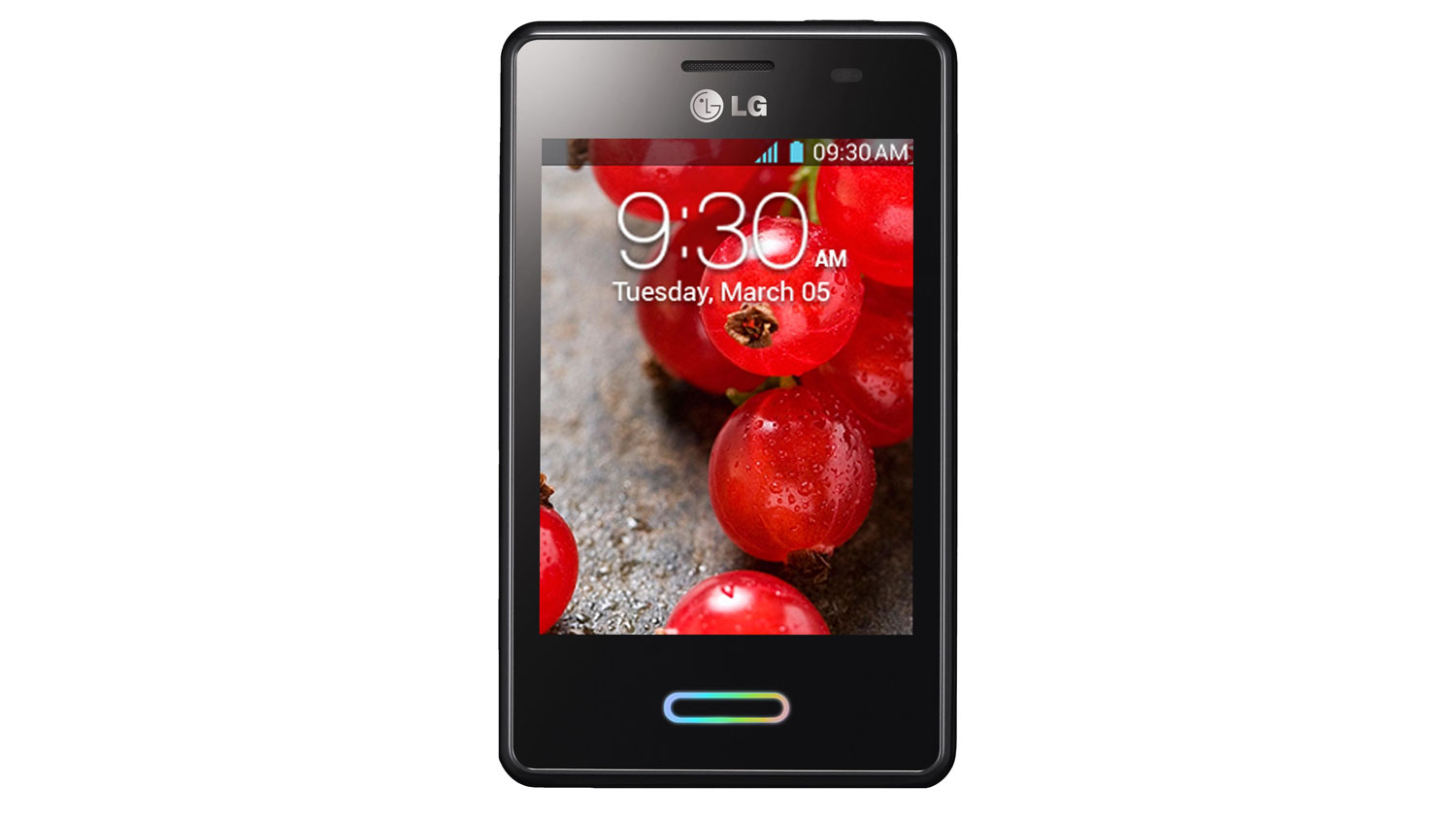
Get daily insight, inspiration and deals in your inbox
Sign up for breaking news, reviews, opinion, top tech deals, and more.
The low-end Android phone market is getting increasingly crowded, which makes it ever harder to stand out, and unfortunately we're not sure that the LG Optimus L3 2 does quite enough to. It does some things well, such as providing good battery life, but it also does some things very poorly, for example the screen resolution, and as a complete package it's a hard sell. Good battery life is a major boon for any smartphone, so it's great to see that the LG Optimus L3 II manages it. Contact management is done well too, pulling information in from social networks and making it as quick as possible to actually call someone. However, we really weren't fans of the screen on the LG Optimus L3 2. Sure, it's responsive, which is the first screen test that a low-end handset has to pass, but it failed at the second hurdle by being incredibly low resolution.
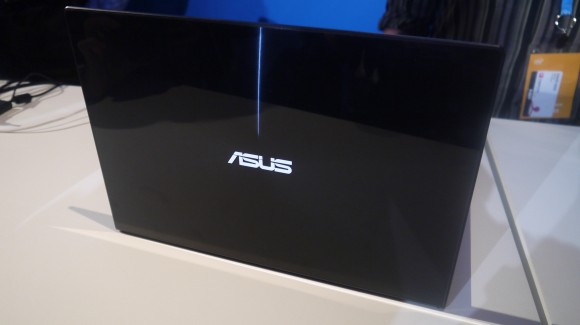
The Infinity landed at Computex without a scuff, hoping its killer design and Haswell power will win your wallets.
LG's attempt to bring 4G to the prepaid market through the Optimus F5 could be exactly what the telcos need for mass 4G adoption.
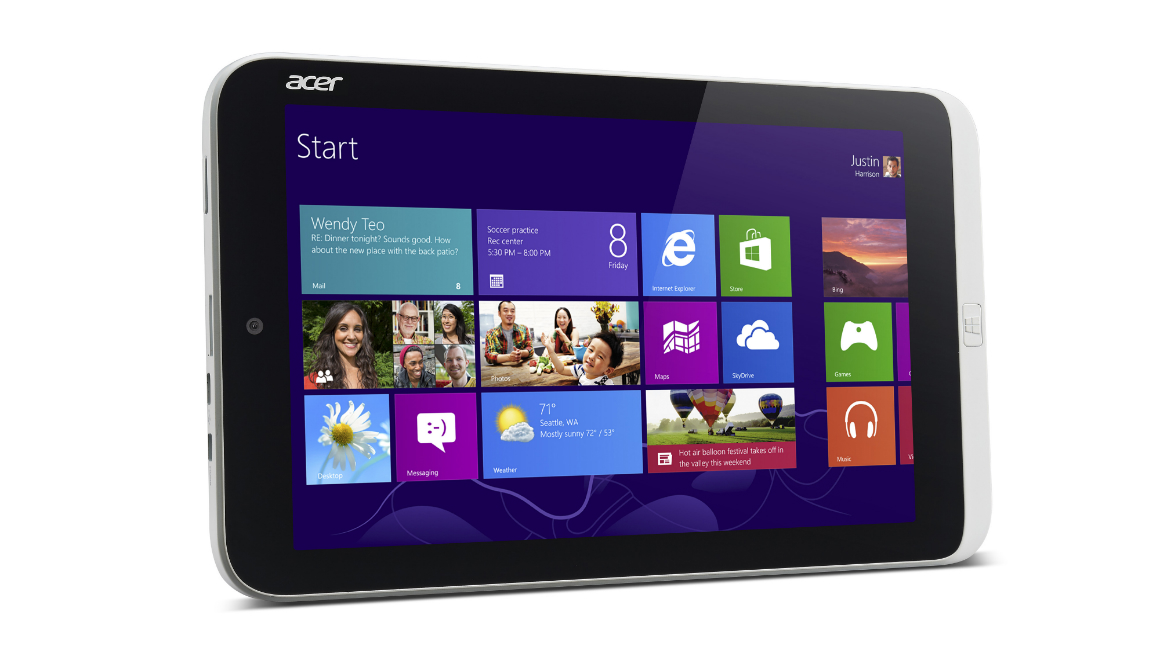
Is the world's smallest Windows 8 tablet enough to turn the iPad mini and Nexus 7 into old junk?
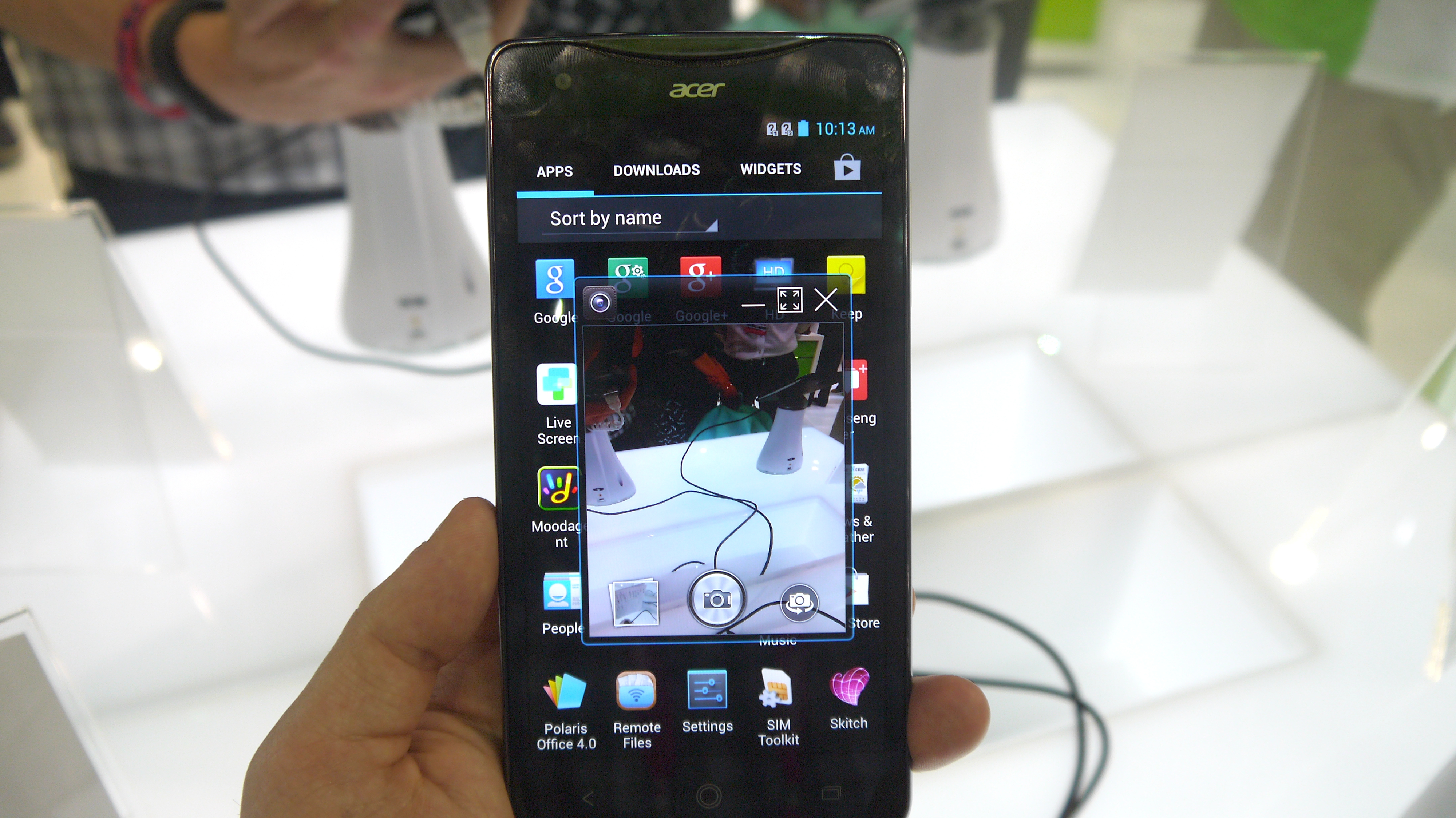
Can Acer overthrow the Note 2 with its first foray into the phablet market?
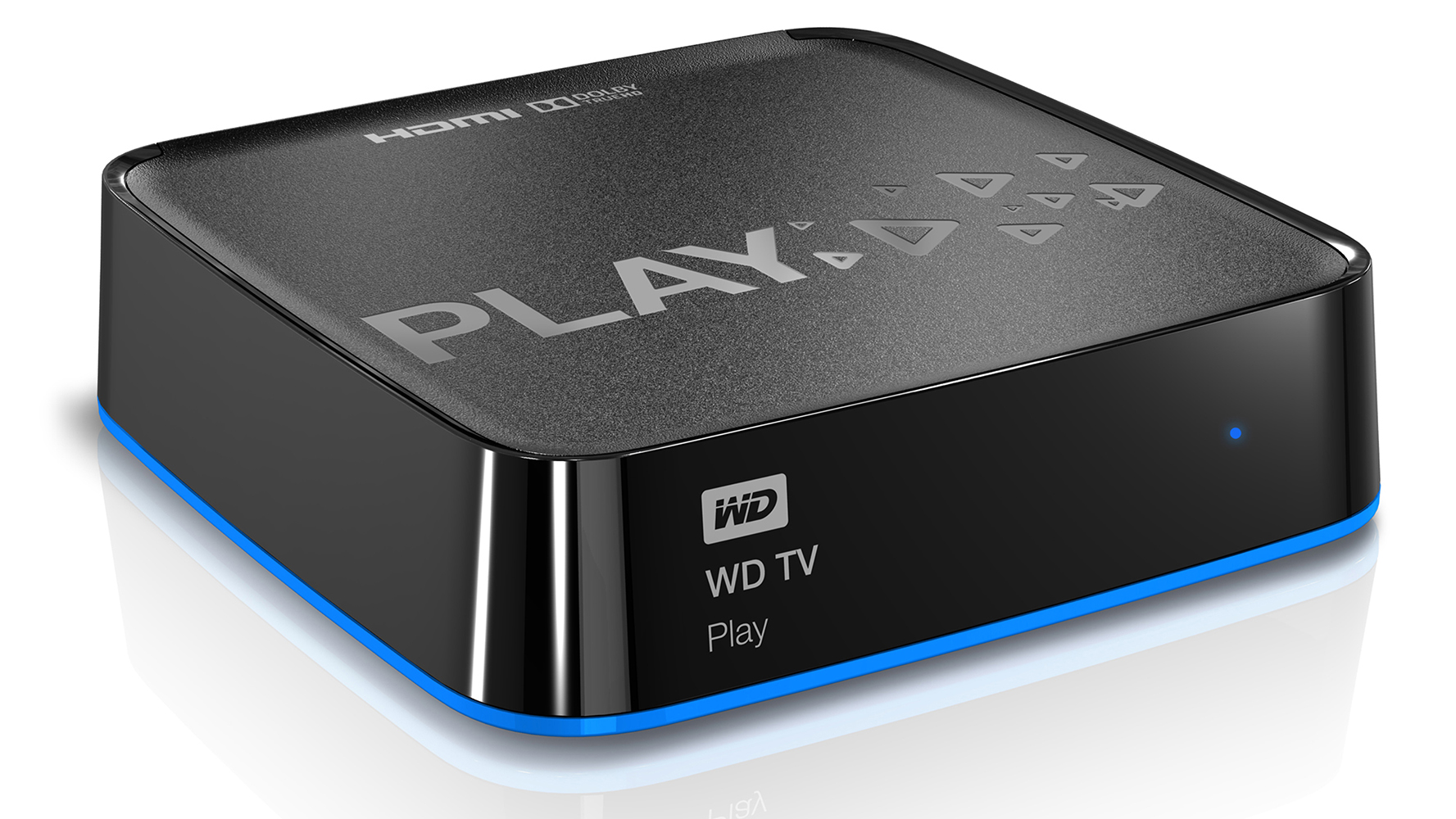
WD's latest answer to the Apple TV is here, with DLNA networking and BBC iPlayer support.
James was part of the TechRadar editorial team for eight years up until 2015 and now works in a senior position for TR's parent company Future. An experienced Content Director with a demonstrated history of working in the media production industry. Skilled in Search Engine Optimization (SEO), E-commerce Optimization, Journalism, Digital Marketing, and Social Media. James can do it all.
